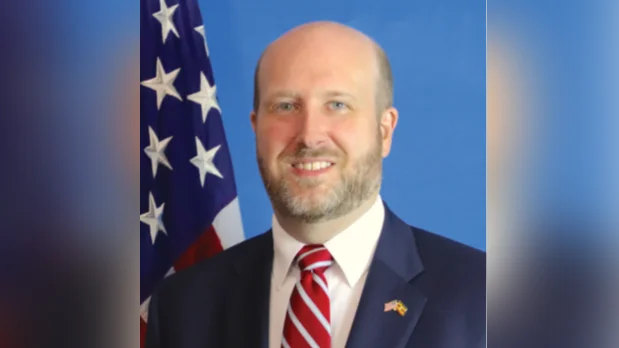Ambassador William W. Popp addressed the High-Level Ministerial on Triple Elimination of HIV, Syphilis, and Hepatitis B in Africa. The conference is focused on the theme "Unifying Actions, Transforming Futures: Achieving Triple Elimination in Africa by 2030."
The Ambassador highlighted the significant public health challenge posed by these diseases, particularly their transmission from mother to child. He noted that this route of transmission is preventable and cited progress made in eliminating mother-to-child transmission of HIV, an initiative championed by the United States for over two decades.
"The U.S. government recognizes that global health is a key component to safety, security, and prosperity," said Ambassador Popp. Through programs like the U.S. President’s Emergency Plan for AIDS Relief (PEPFAR), significant contributions have been made towards ending HIV as a public health threat.
In Uganda alone, PEPFAR supports over 1.4 million people with HIV treatment and has helped more than 200,000 babies to be born HIV-free. "Uganda was one of the first countries to implement the PEPFAR program," he added.
The continental initiative aims to build on successes in maternal and child health services to eliminate other diseases like Syphilis and Hepatitis B. The Triple Elimination initiative calls for coordinated support among stakeholders to improve health outcomes efficiently.
While Secretary Rubio granted a waiver for PEPFAR's continuation as a life-saving program, he emphasized that foreign assistance programs should reduce as they achieve their mission. Ambassador Popp expressed hope that African Union states' endorsement of related plans will lead to political leadership and funding commitments.
He concluded with optimism about achieving triple elimination objectives through integrated health system investments and effective strategies: "The United States shares the vision in which every child has an opportunity to start a healthy life."

